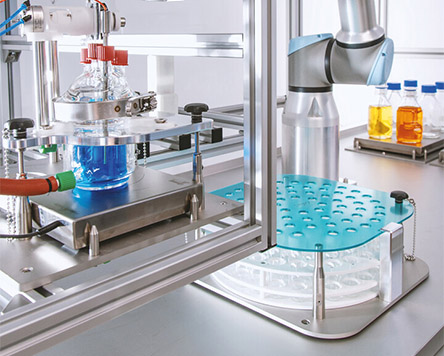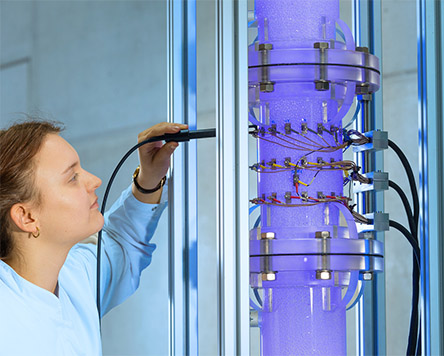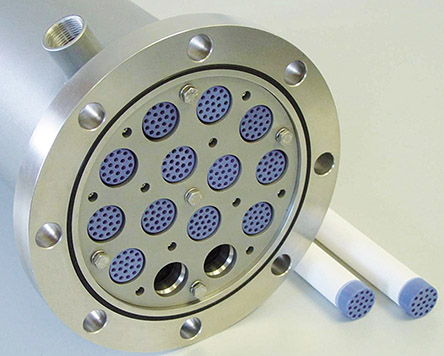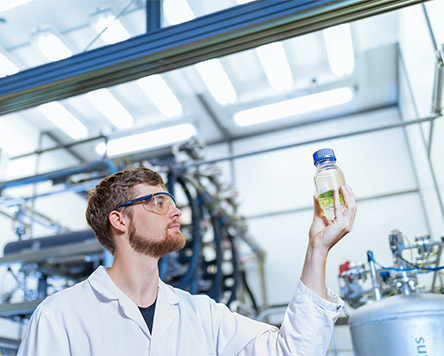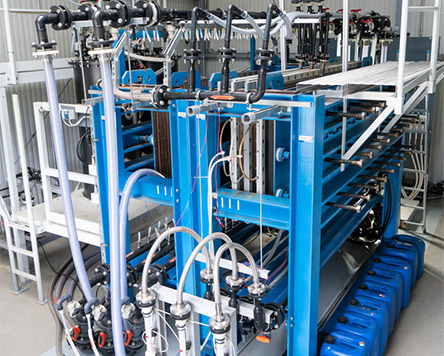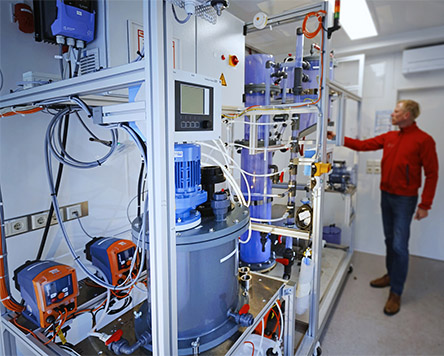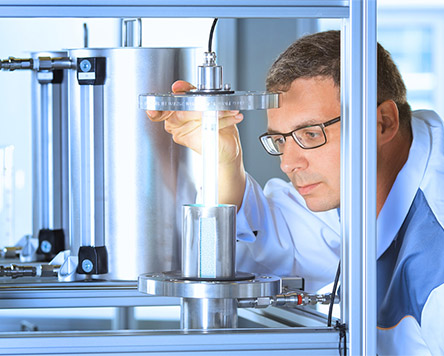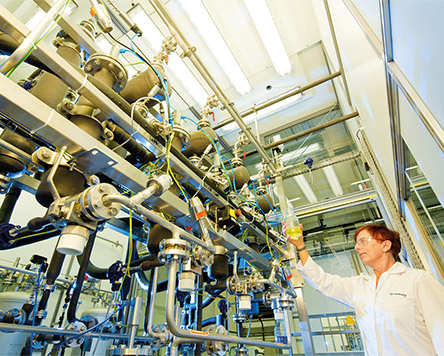Water is indispensable both as a means of life and as a means of production in agriculture and industry. Special attention must therefore be paid to the careful use of this resource. This applies not least for economic reasons: In many locations, a lack of water availability or quality prevents industries from settling here. In this context, more and more production companies are being confronted with the demand for “zero liquid discharge” by closing the water cycle completely.
Against this backdrop, there is a current need in the processing industry for reliable, multifunctional water treatment components that can be easily and flexibly integrated into existing operational supply infrastructures. In addition, they should not require any chemicals, be able to simultaneously recover valuable ingredients and concentrate any pollutants that arise and then break them down without leaving any residue.
While high salt loads and persistent organic residues from production and cleaning processes usually prevent effective recycling in industry, the focus in municipal wastewater treatment is increasingly on low-concentration pharmaceutical micropollutants, technical microplastics and nutrients.
Fraunhofer IKTS is developing various solutions for these diverse problems in the field of water and wastewater treatment - from the material and component level to complete processes and systems. Successful approaches are aimed at combining ceramic micro-, ultra- and nanofiltration membranes with electrochemical, sonochemical and photocatalytic-based processes (AOP). In many cases, classic aerobic and anaerobic treatment methods are integrated. The latest measurement and sensor concepts as well as efficient strategies for data collection and interpretation make it possible to operate systems in line with the load and to adapt them specifically to local requirements and conditions.
